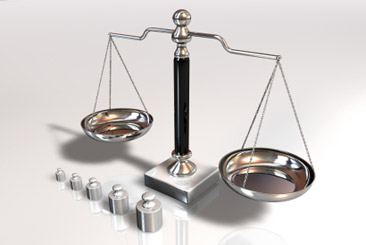|
|
| Contraband control: Weighing the costs and the benefits |
| By Joe Bouchard |
| Published: 07/22/2013 |
 The following is not intended to belabor what may be obvious to some. Rather, this is food for thought. Each of us has to question how much enforcement is too much enforcement.
The following is not intended to belabor what may be obvious to some. Rather, this is food for thought. Each of us has to question how much enforcement is too much enforcement.
Where post orders and policy are silent, our discretion is necessary. If, for example, you find something during a search that seems inconsequential or even a nuisance, you still have to make a choice to do something or do nothing. Do you write up the fishing line you found or just discard it due to the many that you see each day? Do you ignore it and step over it because everyone fishes? Will issuing a misconduct report dissuade further instances? Or will confiscation end the endeavor? In the end, will offenders persist in breaking the basic passing rule, no matter which path you elect to take? Practitioners differ on what should be disposed of and what shall remain with the prisoner. Even with policy parameters and discretions, the decisions are sometimes difficult. With that in mind, a conceptual step back may clarify the need for contraband control. Do the costs of enforcement outweigh the benefits? As with discretionary power to dispose of an item, this is up to the individual. Some of the costs of enforcing contraband control rules on small items are listed below:
I personally believe that the benefits of contraband control outweigh the costs. The most important benefit is safety for all inside the facility and the public. Persistent contraband control is the foundation of safe corrections operations. These are the opinions of Joe Bouchard, a Librarian employed with the Michigan Department of Corrections. These are not necessarily the opinions of the Department. The MDOC is not responsible for the content or accuracy Visit the Joe Bouchard page Other articles by Bouchard: |
MARKETPLACE search vendors | advanced search

IN CASE YOU MISSED IT
|


Comments:
No comments have been posted for this article.
Login to let us know what you think